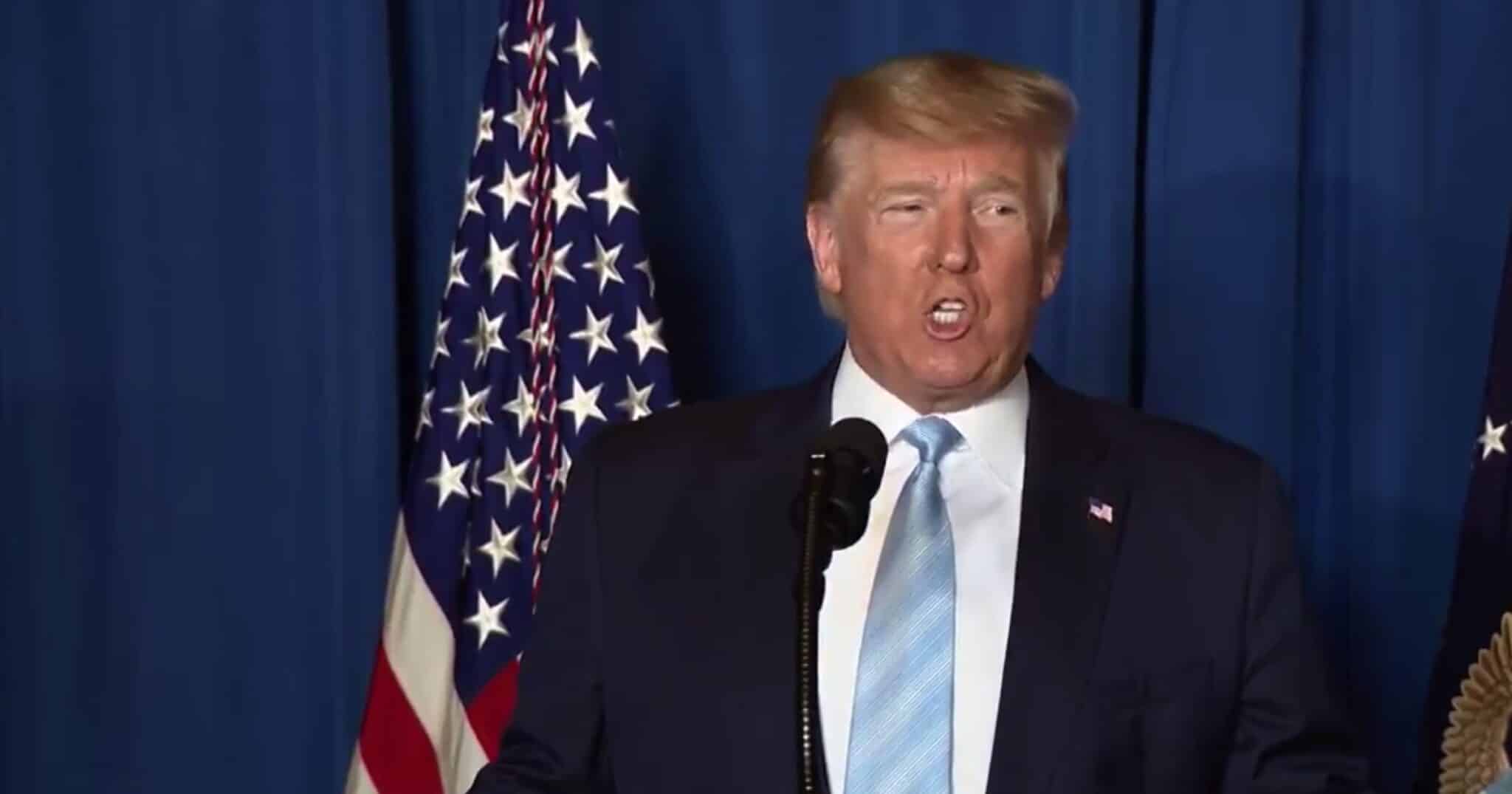








Mark Zuckerberg’s recent announcement about Meta’s shift in its content moderation policy has sparked a wave of reactions, including opposition from prominent figures such as Prince Harry and Meghan Markle.
Breitbart reported that Meta, which owns Facebook, Instagram, and Threads, has decided to halt its previous practice of censoring user-generated content, a move that has been met with criticism for potentially facilitating the spread of harmful speech.
Led by Zuckerberg, this change underscores a significant shift from past decisions, such as the blacklisting of former President Trump's accounts four years ago.
The decision to reverse censorship policies marks a new era for Meta, a leading player in the social media landscape. Facebook and its affiliated platforms have implemented stricter content control mechanisms in recent years, prominently demonstrated by the restriction of Trump's accounts.
This past decision aligned with Meta's previous stance towards restricting certain user content that it deemed inappropriate.
However, not everyone agrees with this new approach. The Duke and Duchess of Sussex have openly expressed their disapproval, emphasizing the potentially adverse effects on online discourse. They argue that the policy change might erode free speech by amplifying abusive and hateful expressions rather than fostering a healthy dialogue.
“Whether you're on the left or the right, or somewhere in between, Meta's latest policy amendments,” said Harry and Meghan, reflect a concerning trend.
They believe that instead of nurturing free speech, these changes risk silencing it.
The couple highlighted their concerns over Meta’s rhetoric, suggesting that enabling more hostility and normalizing harmful content could suppress rather than promote open conversation. This perspective introduces a nuanced view of the free speech debate, suggesting that unmonitored platforms might deter genuine expression due to fear of reprisal.
The response to Meta's decision raises questions about the responsibilities of social media giants in regulating content while protecting freedom of expression.
Advocates of less regulation often argue that it empowers individualized voices across diverse spectrums, enabling a more democratic exchange of ideas.
On the contrary, critics, including the Sussexes, assert that reducing restrictions can lead to unintended consequences. The concern is that such freedom may not equally serve all voices, with those inclined towards hostility overpowering more moderate or vulnerable ones. This potential imbalance is at the core of the couple’s argument.
Meta’s transition to a less regulatory approach also reflects broader discussions about the role of social media in public discourse. While some see it as an opportunity for more open communication, others warn about the risks of increasing toxicity and misinformation.
Given this context, Harry and Meghan’s opposition is rooted in a broader concern for digital safety and the protection of public discourse.
They highlight a need for platforms to balance free expression with safeguarding users from harm. This balance remains a contentious and evolving challenge for social media companies.
Proponents within Meta believe that liberalizing speech policies could fortify democratic dialogue, offering a platform for voices that had once been marginalized under stricter guidelines. Yet, this position remains a point of contention, particularly among those who prioritize a safer online environment.
The dialogue around Meta’s new policy continues to evolve, highlighting the complexities involved in maintaining a space that is both free and safe.
How Meta navigates these challenges could have long-lasting implications on their platform’s engagement with the global community.
As the debate unfolds, the digital community keenly watches to see how these changes impact user interactions and the overall tone of discussions on Meta’s platforms. The balance between freedom and safety in online spaces is being tested in new ways.


